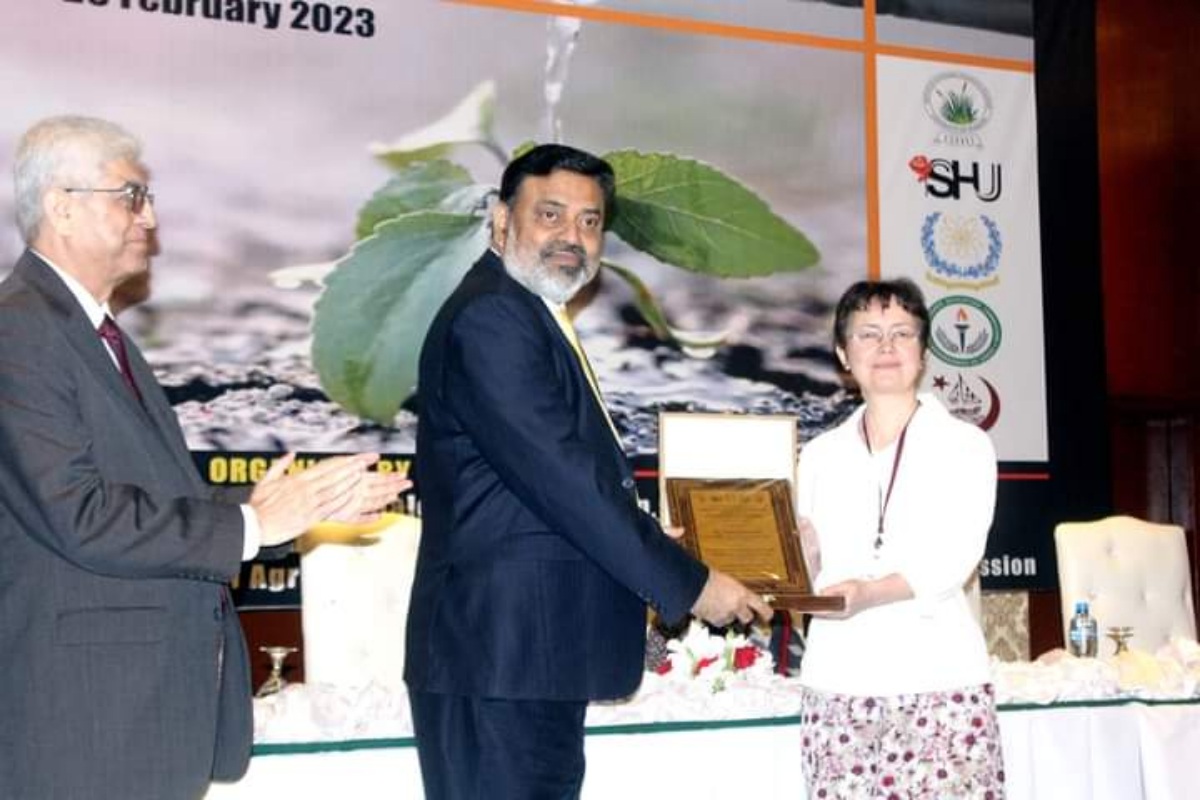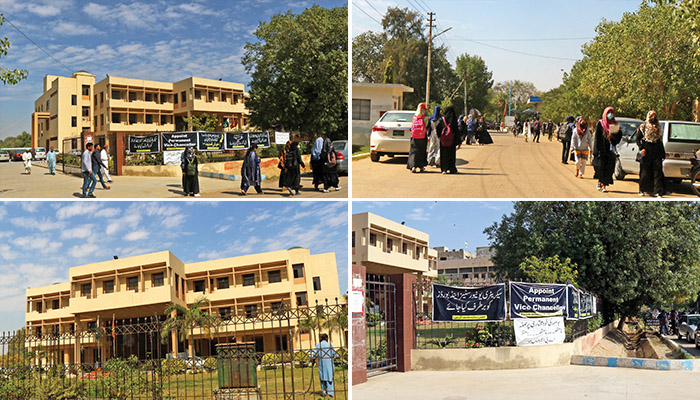- The event is being funded by the HEC Sindh.
- Global climate changes are a nuisance to agricultural.
- Pakistan are a testament to the destructive impacts of climate.
KARACHI: Dr Mohammad Ajmal Khan Institute of Sustainable Halophyte Utilization of the University of Karachi in collaboration with Salim Habib University and the Nuclear Institute of Agriculture, Tandojam organized a three-day international conference on saline resource management in the context of global climate changes at the local hotel.
The event is being funded by the Sindh Higher Education Commission, and aimed of the conference is to gather people working in plant sciences, environmentalists, crop breeders, microbiologists, biochemists, and biotechnologists to discuss the issues and their possible outcomes.
During the inaugural session, the KU Vice Chancellor Prof Dr Khalid Mahmood Iraqi, and the Vice Chancellor, Salim Habib University Prof Dr Shakeel Ahmad Khan, spoke about the importance of saline resource management with particular reference to global climate change.
The experts mentioned that global climate changes are a nuisance to agricultural productivity, threatening food security and damaging life and property. Destructive impacts of climate change include increasing drought in some areas, water logging, and salinity. Multiple stress factors are continuously depleting our natural resources which require building capacity for crop production and livestock, overcoming pests and diseases, and fighting against natural calamities that are a challenge to food security.
They observed that developing countries like Pakistan are a testament to the destructive impacts of climate on low-income populations that have further aggravated the situation. The conventional methods to deal with such problems have proven to be short-lived and expensive, there was a long-felt need to find sustainable alternatives and out-of-the-box solutions. Therefore, this international conference was organized to find sustainable solutions.
Professor John Chessman, from Illinois, USA during his keynote address, outlined the element of food security and stressed that food is the sovereign right of people.
“Due to climate change food security is compromised. For growing high-yielding varieties, we have to look for wild crops, land races, and alternative plant species to provide food which could be edible, for example, the use of halophytes.”
Dr Hasan-Uz-Zaman from Dhaka University, Bangladesh, talked about the role of different kinds of biostimulants in enhancing salt tolerance in plants with a considerable promise to increase the yield of crops.
[embedpost slug=”pm-calls-for-national-unity-to-make-pakistan-an-economic-tiger”]



